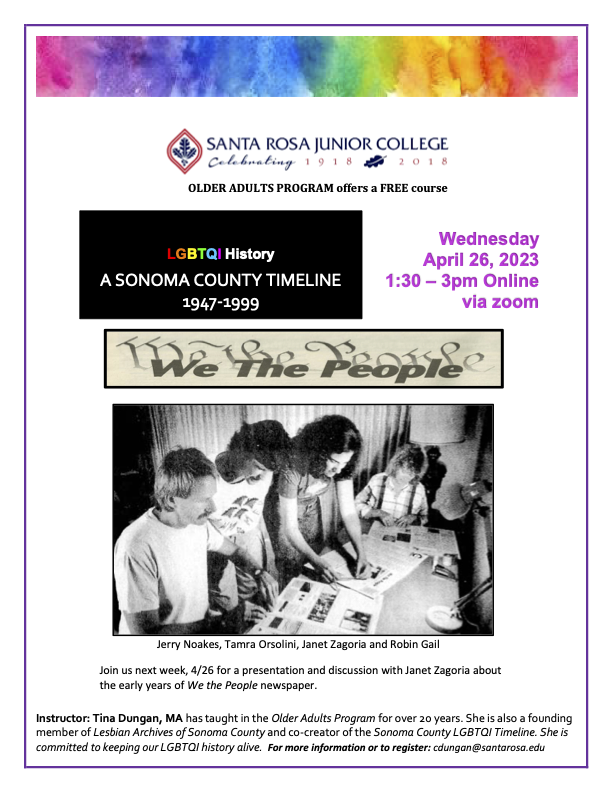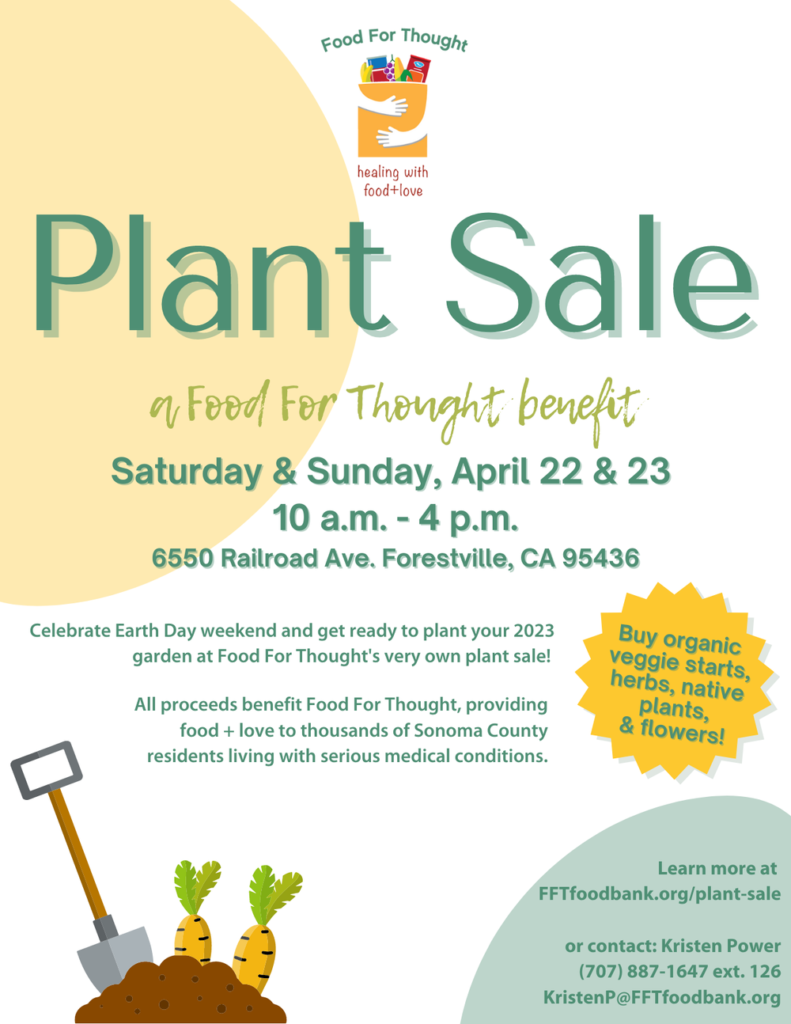“And so I go into the woods. As I go in under the trees, dependably, almost at once, and by nothing I do, things fall into place. I enter an order that does not exist outside, in the human spaces. I feel my life take its place among the lives—the trees, the annual plants, the animals and birds, the living of all these and the dead—that go and have gone to make the life of the earth. I am less important than I thought, the human race is less important than I thought. I rejoice in that.”—Wendel Berry, A Native Hill
The redwoods stretch high towards the cloud-speckled sky, providing shade where their leaves and branches intersect. From my spot beneath them, I listen to a hawk caw from its perched position above. It’s a ribbity caw, almost as if a frog were stuck in its throat.
A new generation of leaders is encouraging youth members to take ownership of their futures.
Other birds make sounds as well, like tiny droplets of water hitting against granite or porcelain— several in simultaneity. I watch as a squirrel hugs an acorn to his chest, only to quickly drop it.
Moments later he skitters across the path in typical stop-motion squirrel fashion.
Nearby, pine needles and twigs of varying thickness — some bare, others blanketed by pistachio-green moss — scatter the dusty ground.
I hear bikes zipping up and down the trails, gears buzzing like insects. Helmeted, masked up, and with sunglasses on, the riders look like insects too.
I’m at a northern California redwood forest with queer ecology on my mind.
According to the state’s National Park Services, queer ecology is “the series of practices that reimagine how people think about nature. It studies gender, sexuality, and behavior in the natural world.”
The authors note how its usage of the word queer draws from the related field of queer theory, which studies “dominant social norms around sexuality and the way those norms hurt people who are queer.” They write that queer ecology “looks at how dominant social norms impact our understanding of nature.”
The intersections of nature and queerness
The parallels are numerous. Like nature, queerness is beautiful and diverse. Queer sex therapists Casey Tanner and Kiana once wrote on Instagram that queerness is “vast like desert lands, deep like lakes, constantly moving like rivers, always growing like crops, and bright and unique like stars.”
Within both, we see sexual diversity. Gender role variation. Polyamory (bonobos and penguins mate for life; elephant seals, spotted hyenas, gorillas, house wrens, and Bengal tigers take on multiple sexual partners).
“Here is the one right way to be, now fit inside that”— queerness rejects this ethos. Mother Nature, with its sprawling heterogeneity, rejects it as well.
Some of us stand tall in our queerness, like looming redwoods quietly resisting in place.
Queer people have long sought refuge in nature from a dominant culture that didn’t accept us. Our history is one of exile, forging paths on our own and carving out space when rejected or ostracized from within our communities.
The “womyn’s land” movement of the 1960s saw lesbians constructing rural farming communities in retreat from wider societal discrimination. More recent creations of safe spaces have included Madison Eker’s nature wellness retreats. Sum of Us convened on a beautiful patch of land just outside of California’s Yosemite last year. Queer women, trans and nonbinary folks took part in the three-day event while camping on the festival grounds.
As environmental writer Molly Fraser phrased it on her site, Sustained Kitchen, “The same systems that oppress nature also oppress LGBTQ+ people. This common enemy is what unites ecology and queerness.”
Embracing the spirit of queer ecology
Given our intimate connection and in recognition of Earth Day, here’s how we can embrace a queer ecology ethos.
Be mindful of transactional relationships with nature.
Several feet away from me, a teacher with a group of young explorers is showing her young students how to respect trees’ bodily autonomy, having just caught one child ripping bark off a redwood.
“How would you like it if a little monster came up to you and pulled the skin off your face?” she asks him. Bark serves trees the same protective function that skin offers humans, she explains.
Cutely, her student then tries to reattach the bark to its rightful owner, asking his teacher if she has tape.
It’s not seen as a big deal to disrupt nature in this way. We’ve normalized treating it as if it’s ours to do with as we wish. The Giving Tree showed us a character whose connection with a tree went from two-way as a boy to transactional as an adult. The boy in that story is similar to the corporate companies who cozy up to LGBTQ+ folks for the cameras and partner with them for Pride ads before running on their merry way as soon as the calendars change to July.
Checking for the presence of an exchange between “consumer and consumed” can be a litmus test for distinguishing between appropriation and responsible consumption.
In other words, are we giving back in addition to taking? Giving back can take many forms. It can mean paying an entrance fee to national and regional parks. It can mean spreading the word about restoration efforts, sharing it with your social circles, sparking dialogue.
Maintain gratitude and don’t take more than you give.
That day at the redwood forest, the trees stretched tall and serene. Out there, I wasn’t comparing myself to others. FOMO didn’t plague me, because I couldn’t think of a more nourishing place to be.
“I felt happy. Nature held me close and seemed to find no fault with me,” wrote Leslie Feinberg in Stone Butch Blues
It’s important to stay in touch with this appreciation and reverence for nature, to acknowledge what it graciously offers while at the same time asking ourselves the question of dilution: When we join with the space, do we conform and accommodate to it? Or do we try to change it and fill it with our own ideas?
“You see how whiteness works to replace culture and consume culture,” wrote Oakland resident Okoye in a February 2018 issue of East Bay Express.
This is similar to the “leave no trace” advice when out in the wilderness. Exit Mother Earth the way you found her.
Learn about it.
An article I wrote about cultural appropriation recommended cognitively investing in a group and its historical context. Seek to understand from the inside out, rather than as an observer peering in briefly from the outside. Do we comprehend the roots of what we’re wearing, eating, dancing to, or posing with on Instagram? Or are they just fun, visually engaging props to us?
For example, how many queer allies waving rainbow flags know that the Stonewall riots in 1969 sparked the gay rights movement that continues into the present day? An article in the August 2018 issue of Slingshot Magazine recommends against “finding pleasure in someone’s labor without giving a damn about the person.”
The same can be applied to our relationship with nature, and there are so many ways to learn more.
One queer organization, for example, is dedicated to nurturing queer people’s relationship with the natural world. Through day trips and camping trips, The Venture Out Projectteaches outdoor skills to queer hikers.
Jonathan Van Ness dedicates an episode of his show to his quest to become more insect-informed (he generally finds them repugnant). An entomologist shines light on these tiny creatures’ importance —explaining how they teach us about biodiversity, medicine, and different ways we can fly.
Make space for gray areas and question binary beliefs.
As Fraser put it, “Popular western society believes that humans and nature are opposite from one another. In this ‘humans/nature’ dualism, our society views humans as a good and powerful force and nature as an obstacle to be conquered. In this way, humans are ‘good,’ and nature is ‘bad.’ As a result, the natural world is often exploited, abused, and ignored (evidenced by our mounting list of environmental ills).”
This dualistic thinking is evident in our value system’s association of beauty with goodness. Partway into reading beneath the redwoods that day, for instance, I felt a tickle against my leg, and looked down to find an ant and a ladybug crawling side by side. My impulse was to flick the ant away but let the ladybug continue doing as it pleased. Why?
What if we bore the following words (from the book Honor by Elif Shafak) in mind? “Little did they understand that the things they disliked were just as essential for the Cycle of Life as the things they so treasured.”
By the end of his insect episode, Van Ness declared bugs both beautiful and gross. We can hold these two opposing truths in our minds simultaneously. Or as he put it: “The next time we think about stomping on a bug, let’s think about casting them in a movie instead!”
The time is now for intersectional activism
A world with significantly reduced nature, where we have to drive hours or days to find an undisturbed patch, feels sad and empty. And yet, if we don’t put a stop to our cavalier attitude toward the natural world, this may be where we’re headed. Global warming is a reality. Also a reality: Laws protecting LGBTQ+ folks are in peril. We’ll need awareness, resources and a deep veneration for both to fight back against these attempts at evisceration.
As Fraser phrased it, “Intersectionality is the idea that different types of injustice are sustained by overlapping systems of oppression. In our society, every living thing faces differing degrees of related inequalities based on their location, religion, race, sexuality, gender and more.
By this definition, using queer ecology to inform your intersectional activism is a no-brainer.
Personally, I want to feel the squish of muddy marshland beneath my feet. I want us to stare down in awe as we pass over wet grass that looks like the lustrous green hair of a mermaid. Hundreds of years down the road, I want squirrels to continue to scurry in stop-motion fashion, for birds to sing, and for days like California’s 2020 apocalyptic orange one to become but a memory that never repeats.
But this will only be possible with a paradigm shift.

